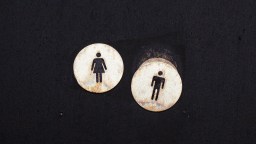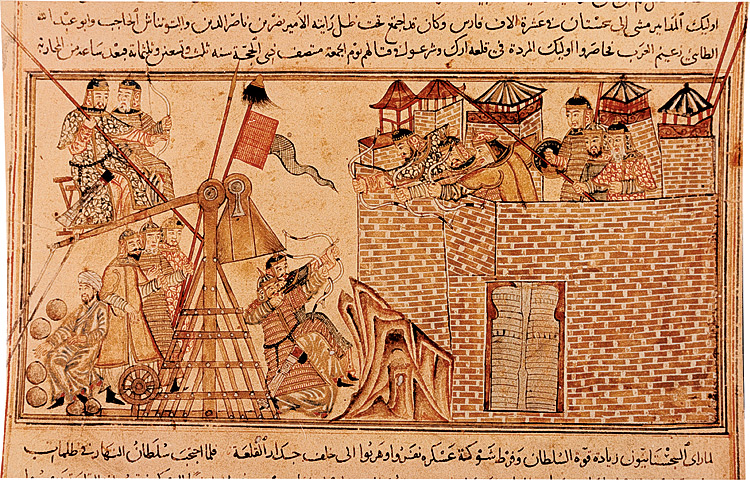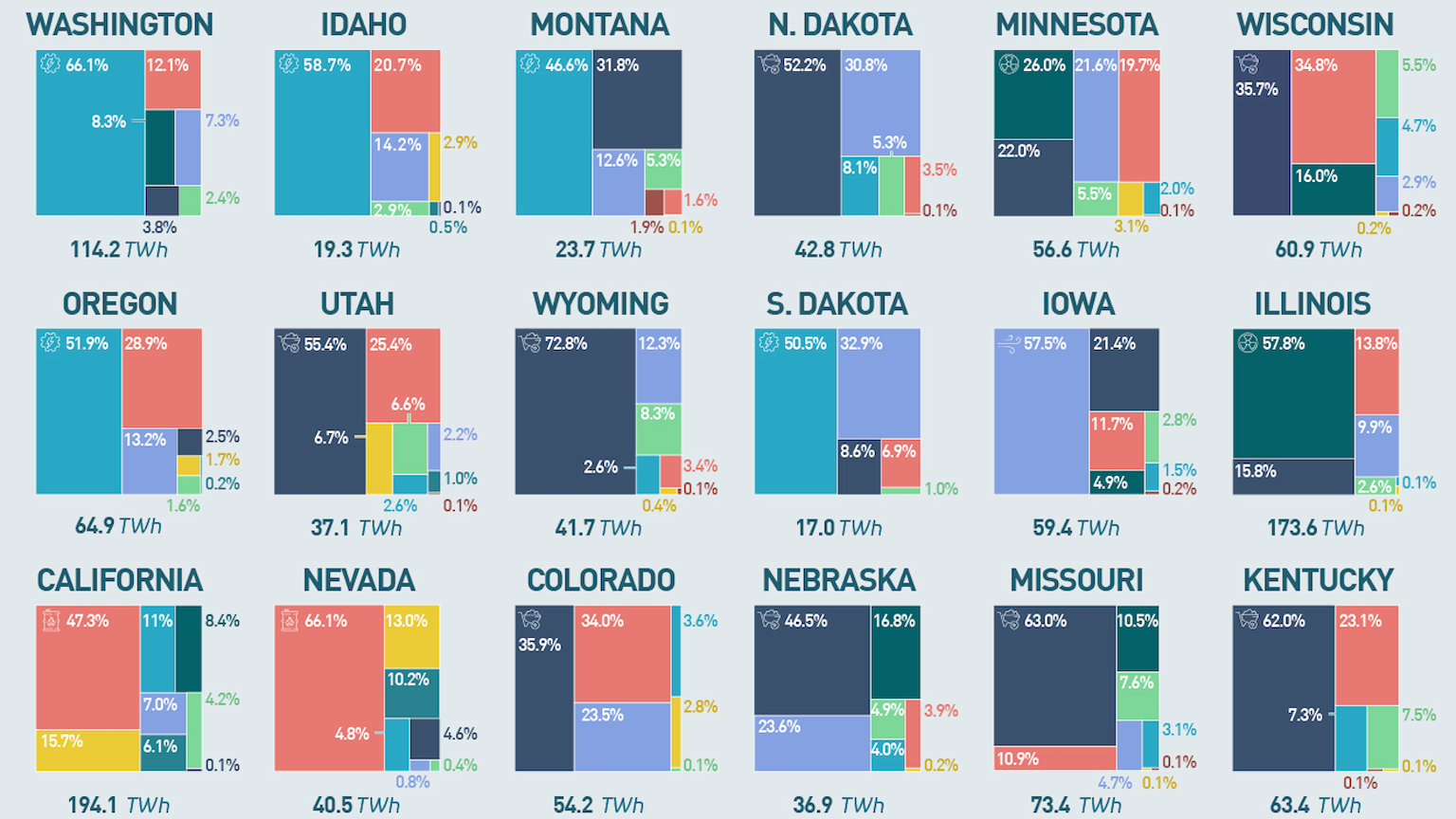Nearly every country wants universal health care (except for one)

(Photo by Darren McCollester/Getty Images)
- It’s long been known that the U.S. is the only wealthy country without universal healthcare. But even significantly poorer countries also have some kind of universal healthcare system.
- The reasons why the U.S. doesn’t have a universal healthcare system are unique in the world but aren’t insurmountable.
- In order to join the rest of the developed world, the U.S. needs to realize that not having universal healthcare is something countries do out of necessity, not out of choice.
In 2015, Leon Lederman had a very difficult decision to make. His medical debts were mounting, and he only had one asset valuable enough to cover his debt: his Nobel medal, which he won in 2012 for his work on subatomic particles. Although it represented decades of hard work, it had to be done. Lederman sold his medal for $765,000 in order to get healthcare.
Americans might not be able to agree on what their healthcare system should look like, but nearly everybody agrees that the current one is about as useful as window wipers on a submarine. We’ve known for a long time that most other wealthy countries have some form of universal healthcare (defined here as a system that covers >90% of the population). But even countries that aren’t typically thought of as rich have this system. Kuwait, for instance, has universal healthcare, and it’s GDP was about $120 billion in 2017. For comparison, the state of Nebraska alone has a higher GDP than Kuwait. So do 35 other states.

Families members visit patients in an Iraqi hospital. Iraq used to have a very prestigious and effective healthcare system, but during the last decade of Saddam’s rule and the ensuing chaos from the war, the system deteriorated drastically.
(Photo by WALEED AL-KHALID/AFP/Getty Images)
Who else doesn’t have universal healthcare?
Without a universal healthcare system, the U.S. has put itself in an awfully exclusive club. Out of the 195 countries in the world, a little under 40 don’t have universal healthcare systems. In this regard, America’s list mates include Afghanistan, Syria, and Kuwait.
On the Human Development Index (which evaluates countries based on factors like life expectancy, quality of life, etc.), the U.S. places 13th in the world. In the club of countries without a universal healthcare system, the next highest is the Caribbean nation Saint Kitts and Nevis, which placed at 72nd. There are 59 other countries worse off than the United States who still managed to look after most of their citizens’ lives.

In an effort to safeguard the U.S. economy during the war, FDR accidentally encouraged the creation of the current, employer-based healthcare system used in the U.S. today.
(Wikimedia Commons)
What got us here?
Why is the U.S., the wealthiest nation in the world, holding on to systems that the poorest countries in the world use out of necessity? There are some cultural reasons, of course, namely American’s dedication to the free market system and ideas of individualism and personal responsibility. The impact of abstract concepts like these, though, are tough to quantify.
It’s more practical to look at the actual steps the U.S. took towards implementing free-market style healthcare. In fact, the current, bonkers U.S. healthcare system makes a lot more sense considering that its creation was entirely accidental.
In World War II, Franklin Roosevelt set price controls on the U.S. economy. Essentially, these limited the prices of rent, gasoline, and other resources critical to the war effort, as well as wages. Although this was a drastic step that would really rattle modern-day Americans, it was a necessary one to ensure that the war effort didn’t throw the U.S. economy into chaos. Because the war was sucking up all of these resources and labor (it’s tough to work on your farm if you’re fighting in Europe), demand was soaring. To keep prices down, Roosevelt set limits to wages, preventing them from rising too high to be unsustainable.
This meant that companies had lost one of their primary mechanisms to attract workers. Instead, they turned to one of the areas they still had control over: fringe benefits. Companies began offering pensions, paid vacations, and health insurance. Rather than a national movement for universal healthcare, unions began negotiating directly with companies to pay for their employees’ health insurance.
What’s keeping us here?
After the war, a series of revisions to the tax code incentivized corporations to keep this system in place, revisions that were originally lobbied for by corporations themselves to cut down on the cost of the now-expected practice of supplying employees with health insurance.
Not only that, but the American Medical Association (AMA) successfully fought against numerous public health plans, starting with Harry Truman’s national healthcare plan, which it labeled “a definite step toward either communism or totalitarianism.” Since the AMA represents the interests of the medical community, this makes sense. There is a lot of money to be made.
In 2016, every American paid on average $10,348 on healthcare, more than twice as much as comparably wealthy countries with universal healthcare systems. According to a 2009 OECD analysis, hospital costs and drug prices are about 60% more expensive in the U.S. than in Europe. These high prices get passed on to the galaxy of doctors, hospital administrators, and health insurance companies. The average physician’s salary has increased by 50% in the last seven years, from $200,000 to about $300,000. In the second quarter of 2017, the top six health insurance companies’ profits increased by 29% as compared to the year before, primarily due to challenges facing the Affordable Care Act in Washington during that time.
Nearly every other country without a universal healthcare system does so because of major political unrest, such as Syria, for example, or because of poverty — like Liberia or Haiti. In the U.S., the opposite is true. Americans don’t have universal healthcare precisely because it is the wealthiest nation on Earth and, for a time, Americans could afford to have their healthcare prices gouged.
But this is becoming increasingly less sustainable. Medical debt has been the number one cause for bankruptcy in America for years. After the Affordable Care Act passed, bankruptcy filings dropped by 50%. The Affordable Care Act was by no means a form of universal healthcare, but it represented a step toward the system that countless other free and wealthy countries have demonstrated to be effective. Whether we keep moving forward, however, is an entirely uncertain proposal.





